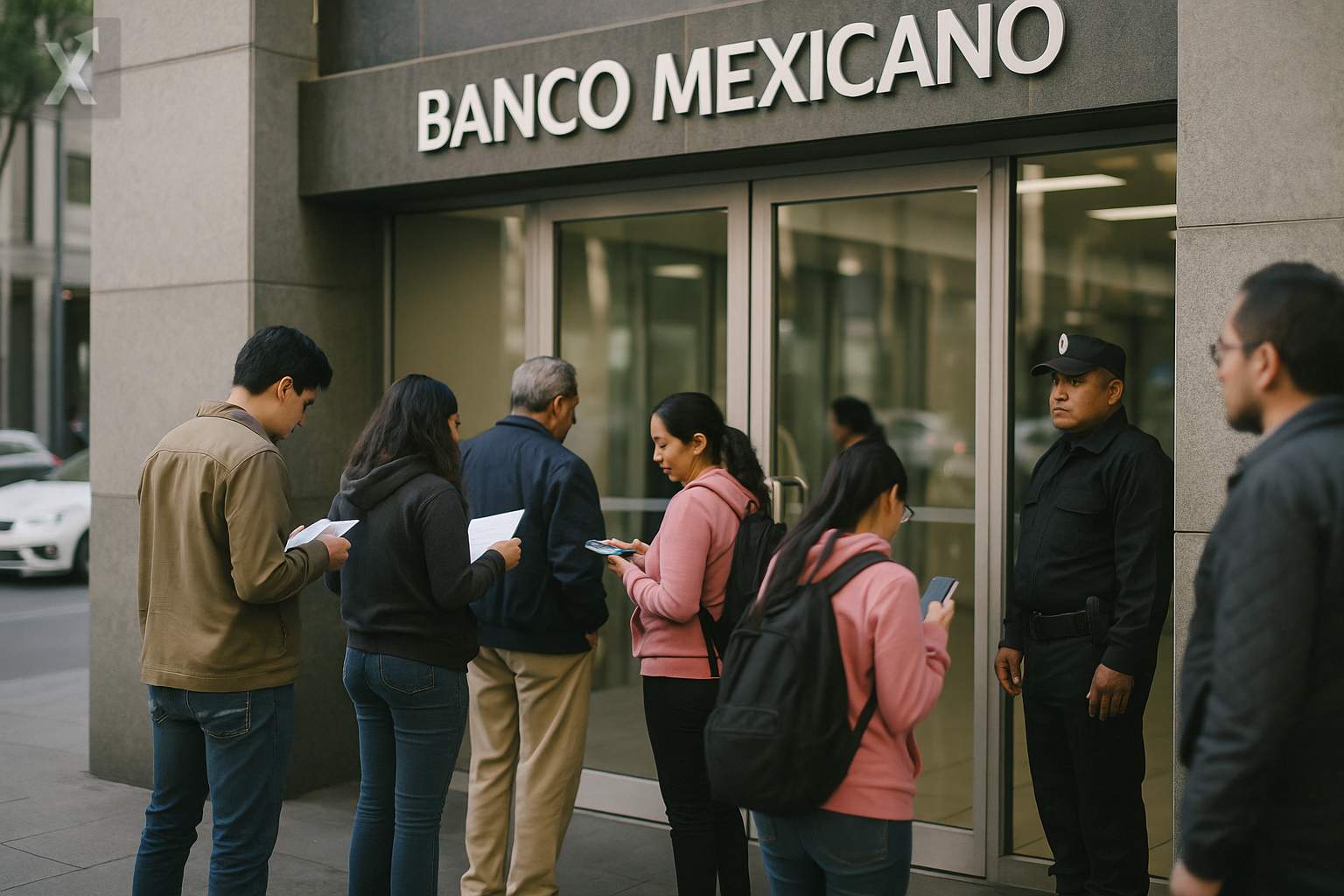Mexico Closely Monitors U.S.-China Trade Negotiations After Tariff Truce Extension

The recent decision by the U.S. government to extend the tariff truce with China by an additional 90 days has sparked both anticipation and caution throughout the global economic landscape. Mexico is following this closely due to its deep ties with international markets. The U.S. president signed an executive order, thereby temporarily avoiding a tariff hike that could have resulted in rates of up to 145% on Chinese goods and 125% on U.S. products—numbers that might have virtually brought trade between the two superpowers to a standstill.
This extension comes after months of tension and uncertainty following episodes of commercial confrontation between Washington and Beijing. For Mexico, the trade conflict has had indirect effects on both the export sector and industrial investment. The volatility in global supply chains caused by the U.S.-China dispute has pushed Mexico to diversify its markets further and strengthen its own productive capacities.
During this truce, U.S. tariffs on Chinese products have stabilized at 30%, and China responded with a 10% tariff on U.S. goods, easing tensions for the time being. The expectation is that this new period will allow both nations to move forward with negotiations addressing core issues such as intellectual property rights, agricultural exports, and technological controls, which could ultimately help restore normal global trade conditions.
As the United States’ third-largest trading partner and a key participant in the USMCA, Mexico sees these developments as a double-edged sword: while the trade war could create opportunities to attract investment from companies seeking to relocate their supply chains, it also keeps the risk of instability and uncertainty looming over the global economy. Additionally, Mexico's economy relies heavily both on the flow of exports to the U.S. and on the import of inputs and machinery from China, which means it is directly exposed to any escalation or easing of tensions between the two countries.
Looking ahead, the trajectory of U.S.-China trade negotiations will remain a decisive factor for Mexico. The country is currently undergoing an industrial transition and a reconfiguration of its trade relations, which requires constant monitoring of international events and the implementation of policies to strengthen the resilience and competitiveness of the national economy.
In conclusion, the extension of the tariff truce represents, for now, a relief for global trade and for the Mexican economy, which depends on international integration. However, the lack of long-term structural solutions means that caution and strategic planning in economic policy remain essential.





